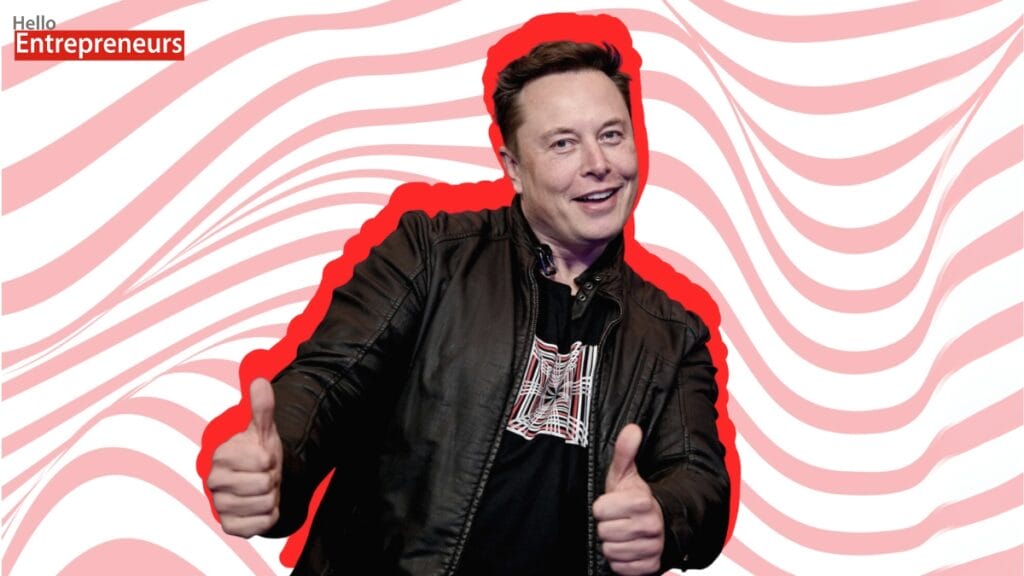New Delhi: Tesla is attending a luxurious entry into the Indian market, expressing its eagerness to establish a state-of-the-art electric car manufacturing facility with a unique condition. The electric giant, led by the visionary Elon Musk, has approached the Indian government, proposing a game-changing investment of up to $500 million. The catch? A request for a favourable 15% concessional duty on imported vehicles during the initial two years of operations.
Sources reveal that Tesla is ready to make this substantial investment if the Indian government extends this tariff benefit to cover 12,000 vehicles. The stakes get even higher, with the promise of escalating the investment to a staggering $2 billion if the import duty is reduced for 30,000 cars, potentially starting as early as January.
This ambitious proposal is now under scrutiny by key departments such as the Department for Promotion of Industry and Internal Trade (DPIIT), the Ministry of Heavy Industries (MHI), the Ministry of Road Transport and Highways (MoRTH), and the Ministry of Finance, all under the watchful eye of the Prime Minister’s Office (PMO). If all goes according to plan, Tesla could make its mark in India, unveiling its most affordable car after a similar launch in Germany.
Reports suggest that the government is contemplating a strategic move by limiting concessional tariffs to 10% of the projected total electric vehicle sales in India for the fiscal year 2023, set at 10,000 units. Impressively, this figure could see a 20% increase in the second year, showcasing a forward-looking approach to sustainable mobility.
In a recent development, Commerce Minister Piyush Goyal visited Tesla’s renowned plant in Fremont, revealing exciting prospects. Goyal highlighted Tesla’s commitment to nearly doubling its purchases of auto parts from India, reaching an impressive $1.9 billion this year. This significant jump from the previous year’s $1 billion demonstrates a burgeoning partnership between Tesla and India.
The renewed dialogue between Tesla and India comes after a year-long impasse, marked by Elon Musk’s criticism of India’s high import taxes and EV policies. In return, India advised Tesla against selling cars in the country that were manufactured in China, considering the geopolitical dynamics.
Tesla’s potential entry into India is not just about cars; it represents a visionary jump into the future of transportation.





